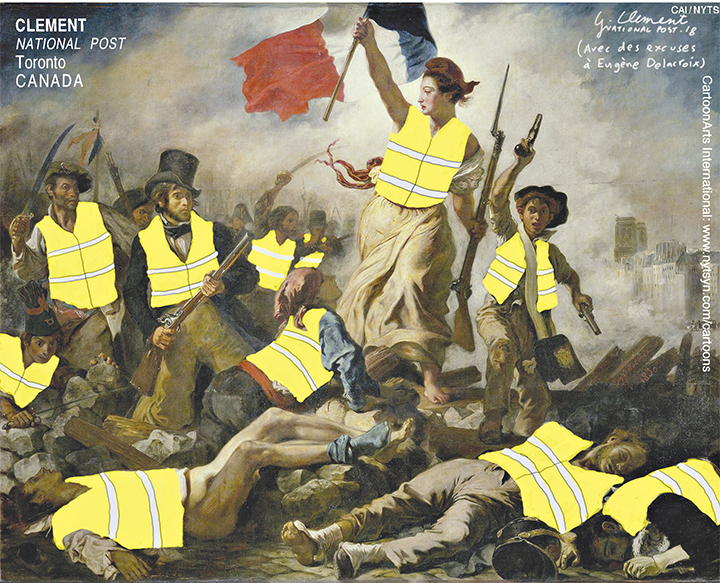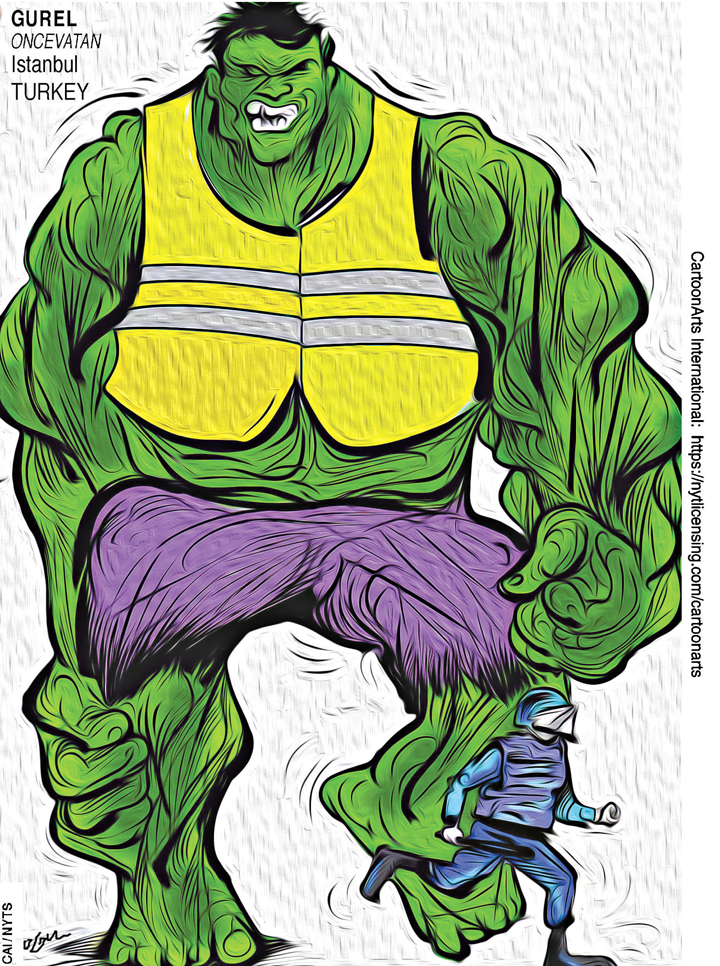THAT the EU remains largely intact is due in no small part to Germany. It has, to a certain extent, been Europe’s hegemon, an ancient Greek term designating the dominant member of an alliance or confederation. Unfortunately, it’s a role that Germany has had increasingly to shoulder alone—and that is unsustainable.
If the EU is to survive the onset of a new crisis it will need stronger, more inclusive leadership than Germany has provided on its own. There are three conceivable options:
A revived Franco-German coalition
Franco-German cooperation can still be a powerful magnetic force in the EU and a bilateral Franco-German bargain can often provide a template for a larger Union agreement. This time around, however, it is likely the traditional roles would be reversed, with Paris looking to accelerate the speed of change, and Germany seeking to slow it down, particularly among those initiatives aimed at raising the volume of financial transfers between Eurozone member states.
A Weimar coalition
An expanded coalition that includes Poland, a nominal partner of France and Germany in the “Weimar Triangle” founded after the end of the Cold War, could have greater legitimacy. However, as long as the conservative and euroskeptic Law and Justice Party remains in office in Poland, such a coalition will not materialize.
A new Hanseatic coalition
The third conceivable coalition is named after the medieval association of trading cities stretching from the Netherlands in the west to the Baltic Sea in the east. This coalition would include Germany and the eight northern European member states whose finance ministers began to meet in early 2018 to discuss reforming the eurozone. On monetary, fiscal and EU budget policies these states are closer to Germany than Germany is to France.
The nationalist and euroskeptic trend, which began in the 1990s and gained momentum during the recent refugee crisis amid public opposition to mass integration and long-standing fears about dilution of national identity and globalism, has crystallized into a major political force. Particularly in the wake of Brexit, Europe needs a new champion and without strong support from a politically dominant hegemon or hegemonic coalition, the risk that the union will fall apart in new crises is very real.
Douglas Webber
Douglas Webber is a professor of political science at INSEAD.
Image credits: Ruletkka | Dreamstime.com




























